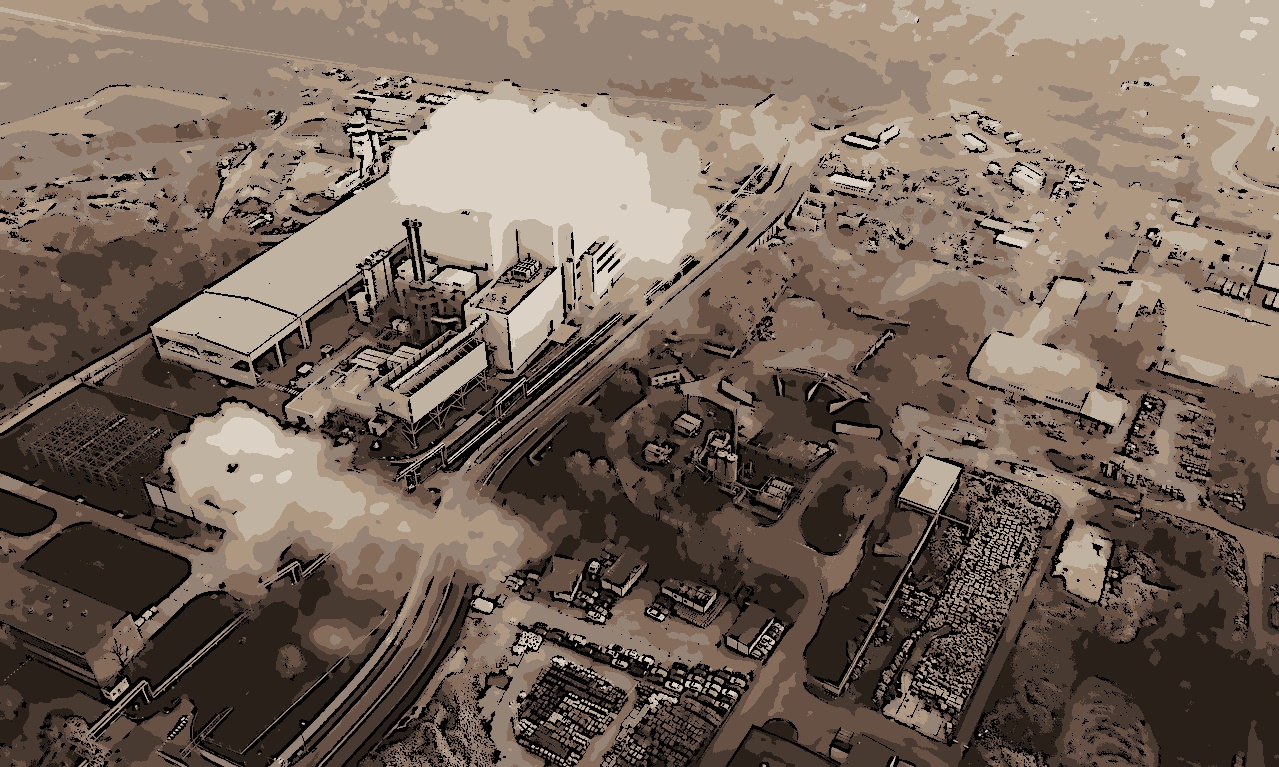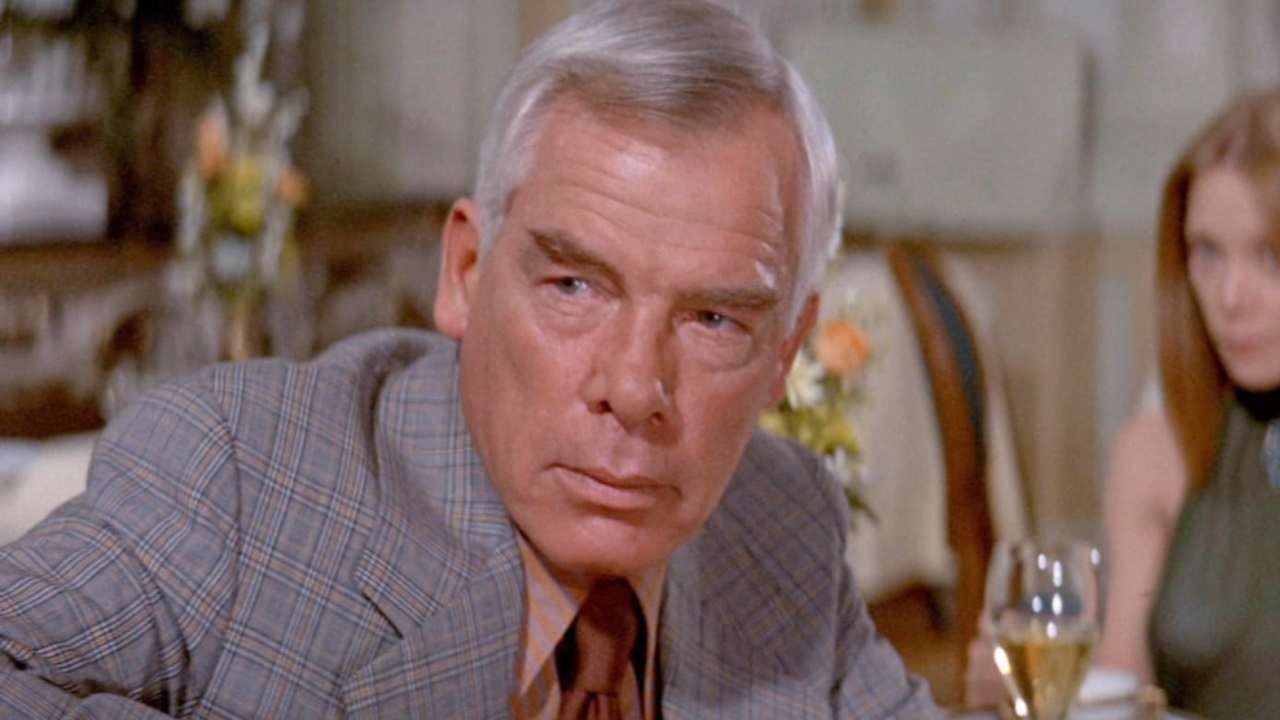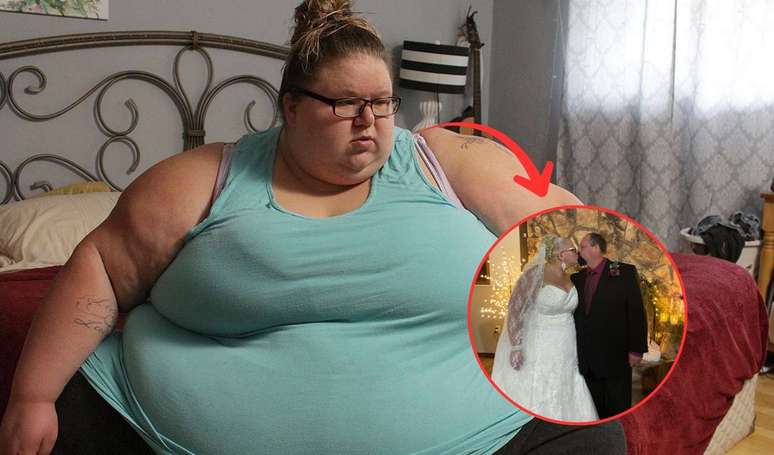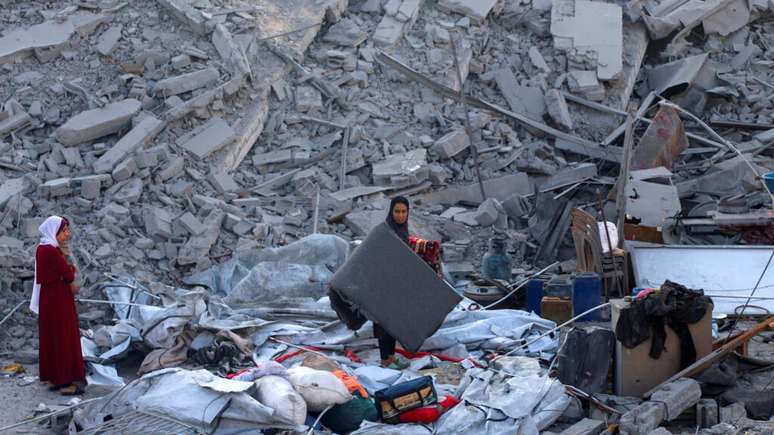Climate change destroying legacy! Before the Republican Richard Nixon created the Environmental Protection Agencyyou U.S they were a very different place. Rusty vehicles filled empty lots and neighborhoods. Public beaches were full of trash. Factories spewed toxins into the air with impunity.
Until 1970, there were few legal or regulatory mechanisms to hold polluters accountable. And before a factory was built or waste was dumped anywhere, there was no real review process. Plus, if polluters had money, they could show up and leave their mess almost anywhere they wanted.
Few people alive today can remember that time. Those who can are in their 60s, 70s or older. Furthermore, what even they may forget after half a century is that before we started taking the quality of our land, water and air seriously, America was a dirty place.
Unfortunately, there are still places in this country where Americans are still waiting to be protected by the government from industrial waste. People in my home state of Louisiana are routinely exposed to contaminated land, contaminated water, and caustic air. Whether here or in Flint, Michigan, or East Palestine, Ohio, or West Virginia, it always seems like the people who live in the most toxic environments are always from the lowest-income communities.
When it comes to air pollution, however, none of us in the United States are safe. Petrochemical plants can routinely be located next to poor neighborhoods. But climate change and the expansive wildfires it’s causing don’t care about our social status or our zip codes.
Climate change reversing decades of progress
Climate change is reversing decades of progress the United States has made toward clean air. That’s because rampant wildfires – now a common occurrence – are coming, darkening the skies in cities and towns across North America. Research shared by First Street Foundation and reported by multiple media outlets show that two of the most dangerous forms of air pollution, particulate matter and ground-level ozone, are once again infiltrating our communities. These are the same toxins from old diesel vehicle exhausts and smokestacks that we’ve spent decades trying to eradicate.
Since the end of February, a month we used to think of as part of winter, the Smokehouse Creek Fire in Texas has consumed more than a million acres of land. As far as Lubbock, people were warned about the risk of smoke and particulate matter inhalation by local news. This is because residents of the region smelled smoke from the fires inside their homes, even with the doors and windows closed.
Forest fires
There is almost no limit to how far smoke, particulate matter and ozone can travel. Living in a city hundreds or even thousands of miles away from a fire is no guarantee of clean, healthy air. Last summer, wildfires in Canada darkened the skies in New York, Chicago and even Washington, D.C. Over the next 30 years, a shocking 125 million Americans are expected to be at risk of exposure to toxic levels of particulate air pollution. .
Unlike regional conflicts and localized natural disasters, there is no escaping the calamities caused by climate change, especially when the air we breathe is at stake. The hotter the climate, on average, the more intense the storms, the longer the droughts and the more frequent the fires.
The danger of fossil fuels
Make no mistake: There is only one way to mitigate the worst impacts of climate change, and that is to stop warming the climate with more fossil fuel emissions. We cannot reverse the damage already done, but we are sealing our fate the longer we continue to bake ourselves on our own planet.
Fortunately, the current administration has taken a step in the right direction. Earlier this year, Secretary Granholm made the big announcement that the administration would halt any approval of future gas export terminals (LNGs in industry terms). These terminals, while hailed by the fossil fuel industry as a “greener” alternative or “transitional” fuel, are responsible for massive emissions of methane and other greenhouse gases. In the short term, existing facilities will continue to ramp up their production, but management’s new decision proves they are serious about moving in the right direction.
Still, pausing U.S. gas exports is not enough. We are in a crisis and must take drastic action to move away from fossil fuels.
If the words of a retired general and disaster expert aren’t persuasive enough, consider images of New York’s skies during last summer’s wildfires. Climate change is happening now and it threatens us all.
(Text published by LTG. Russel L. Honoré)
LTG. Russell L. Honoré is a retired former United States Army commander who led Task Force Katrina after the devastation of New Orleans. He is now leader of the Green Army, an organization dedicated to finding solutions to pollution.
Source: Atrevida
Earl Johnson is a music writer at Gossipify, known for his in-depth analysis and unique perspective on the industry. A graduate of USC with a degree in Music, he brings years of experience and passion to his writing. He covers the latest releases and trends, always on the lookout for the next big thing in music.









